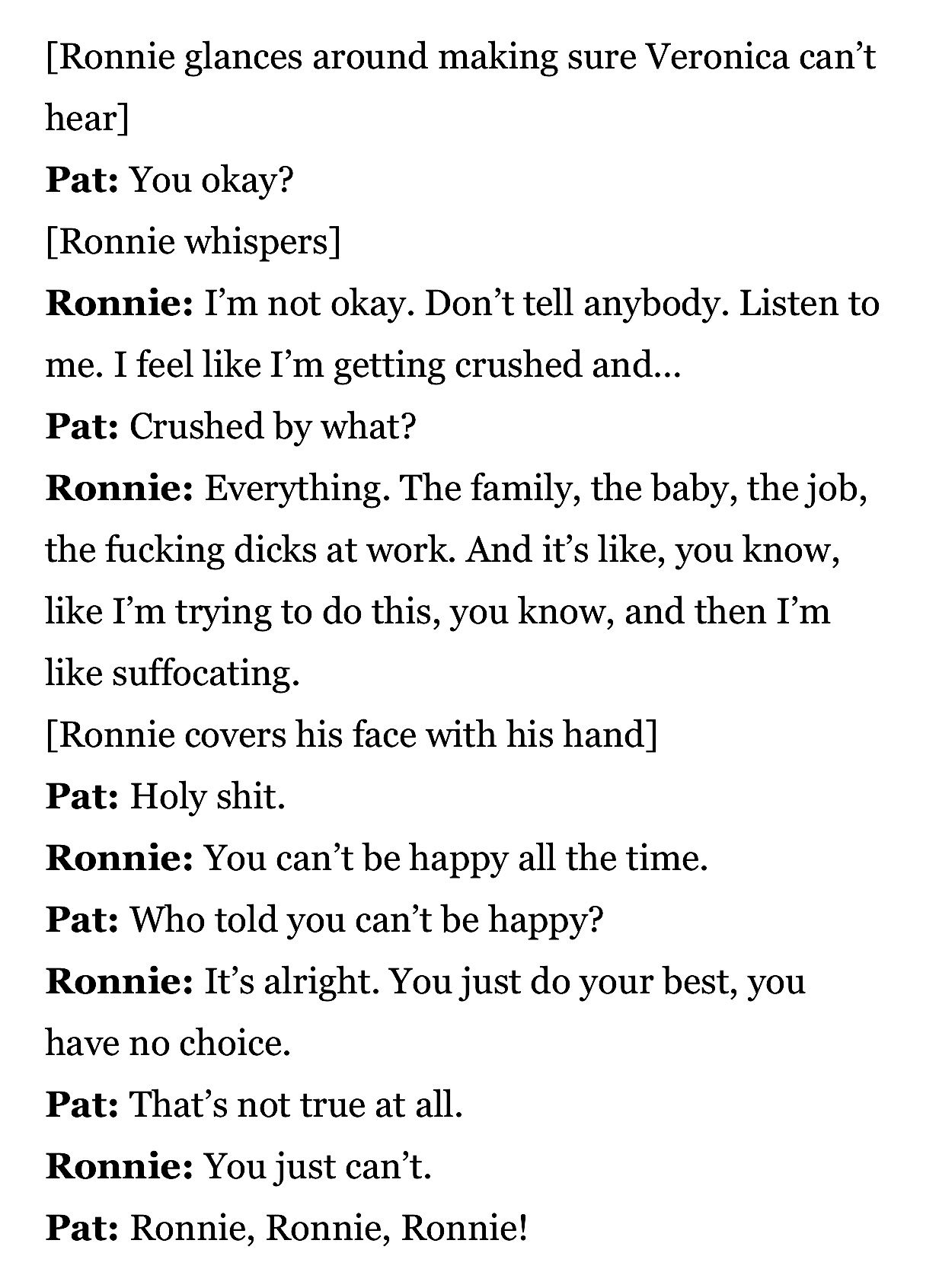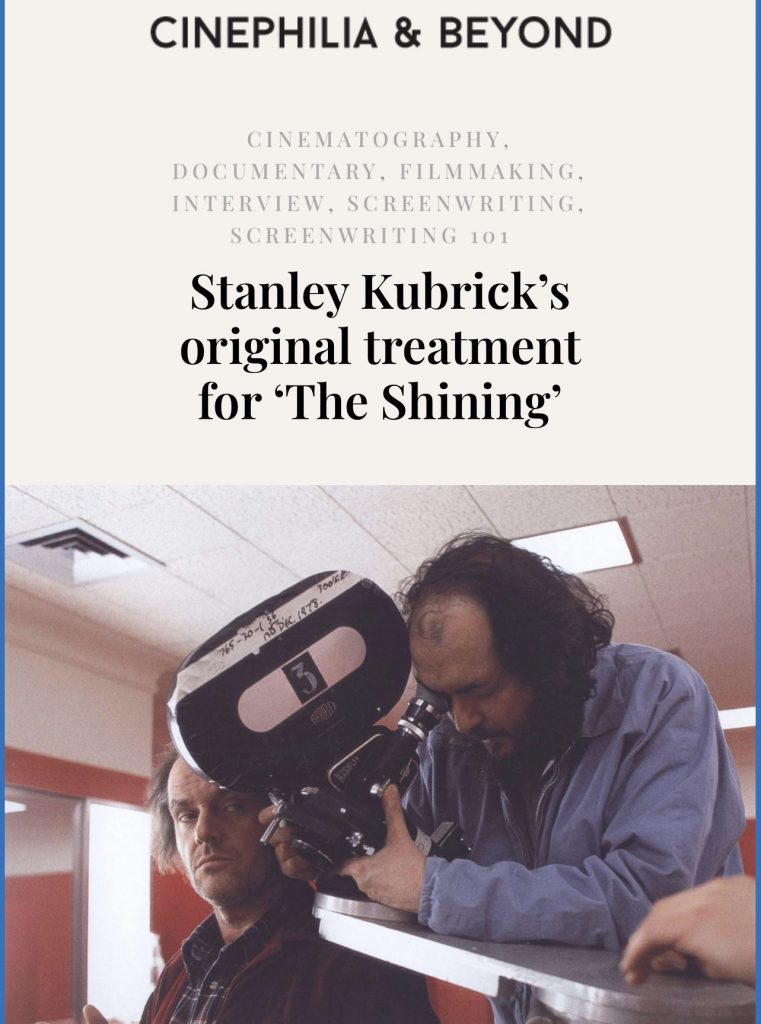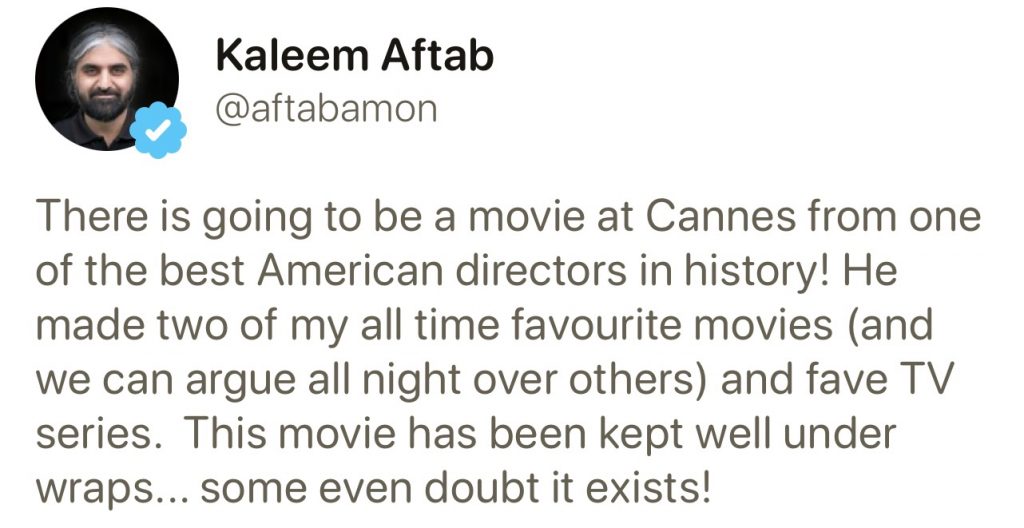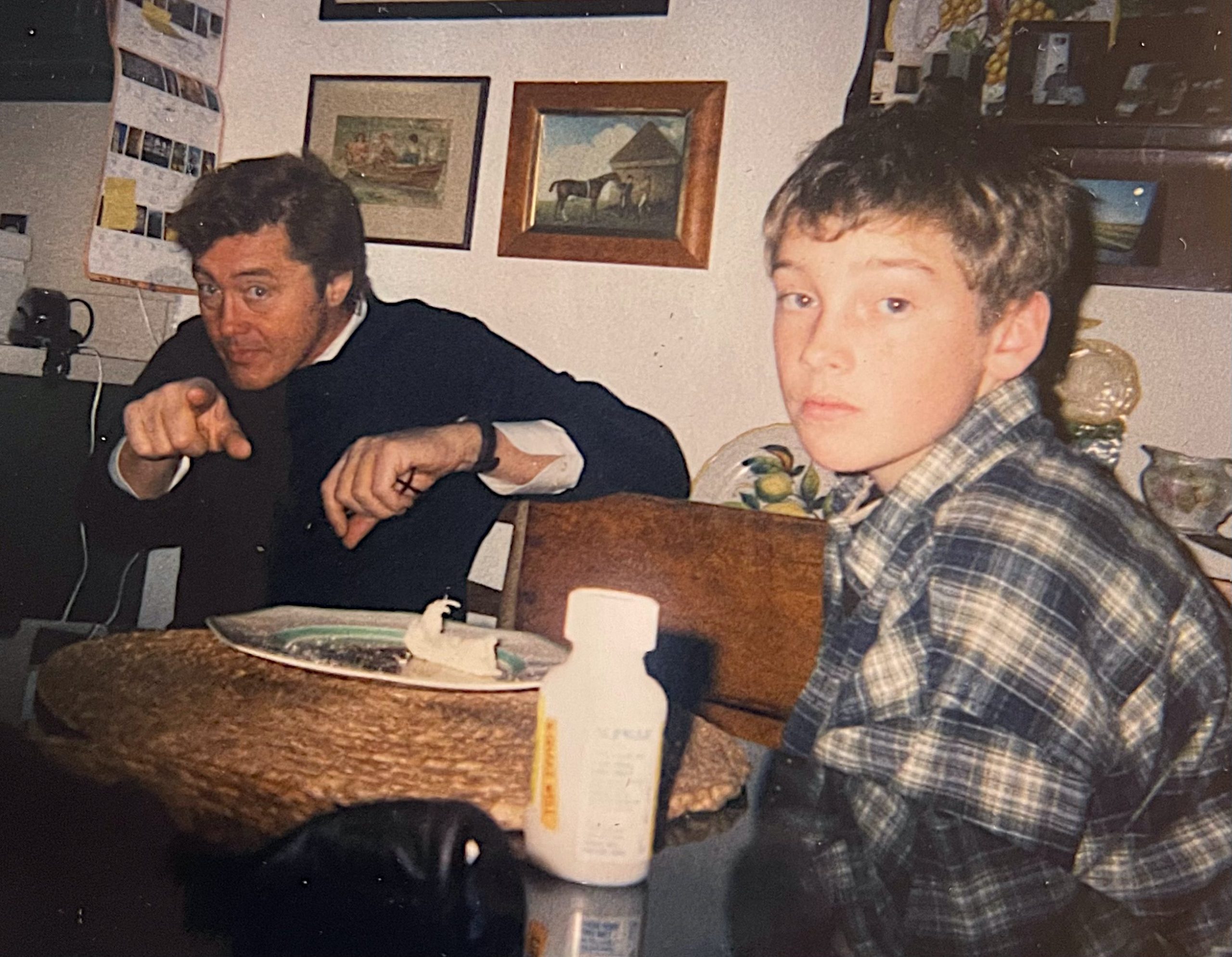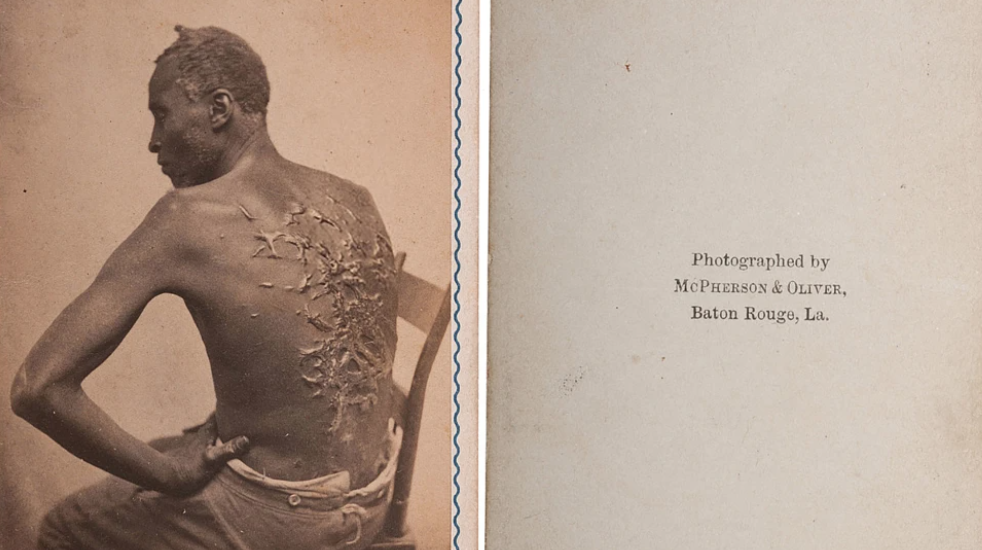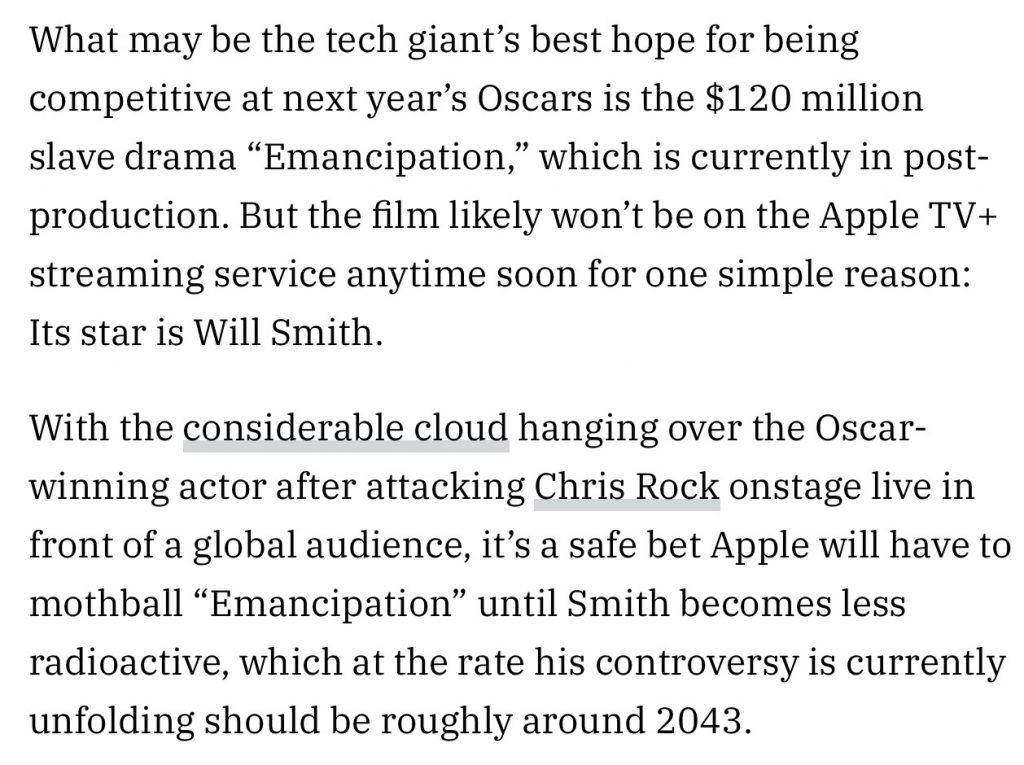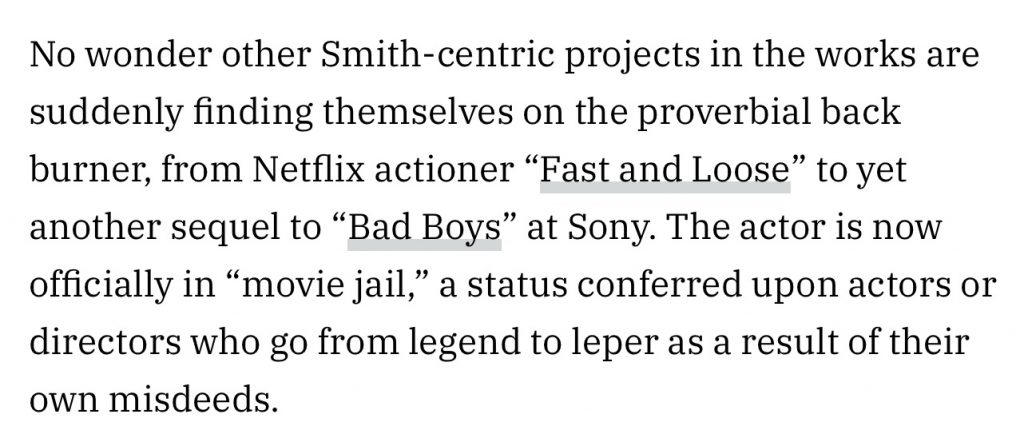I was sorry to read the Daily Beast‘s 4.8.22 story about Ezra Miller’s erratic and disturbing behavior. Not just because Miller’s career may be in serious jeopardy, but because of the following sentence:

I’m sorry but something snapped inside when I was confronted with plural pronouns (they/them) that described (or alluded to) both Warner Bros. executives and Miller within the same sentence.
The old pronoun system (the one I’ve adhered to for several decades on this planet) calls for they/them to be used in the case of a group of humans within any social context. The new pronoun system insists on they/them also being used for individuals who identify as they/them gender whatevers.
For me, the use of conflicting, contrary applications of they/them within a single sentence violates a fundamental standard of descriptive clarity — a violation of a system that speakers of the English language have relied upon for centuries, for God’s sake. Sorry, but I’m suddenly finding this intolerable. I feel as if electrodes are attached to my damp ankles. I can feel jagged friction sparks in my brain. And all due to a single Daily Beast sentence written by Kyndall Cunningham.
I know this sounds abrupt but all of a sudden the pronoun thing — a re-ordering of the English language due to political activism on the part of one-half of 1% of the population, and driven by an attempt to show respect and establish boundaries that will benefit the ambiguous gender-fluid community — strikes me as fundamentally INSANE, or at least in this context.
Say it loud and proud: We cannot and must not use they/them to refer to an individual and a group of people within a single sentence.
We’re living in a world in which…how to put this?… pronouns have broken out of their cages and are running wild. I am sitting inside a nighttime campsite perimeter, lit by a small fire, and the wild, unruly pronouns are like wolves howling in the woods and getting closer and closer to the campsite.
The wokester left has become a diseased cult, and I say this as a mild-mannered left-center moderate.



